
Contrasting Ethical Dilemmas Exercise
This exercise facilitates discussion of ethical dilemmas. In most job, some decisions are not straight forward to make because one clear choice comes with certain ethical issues. The question then ...
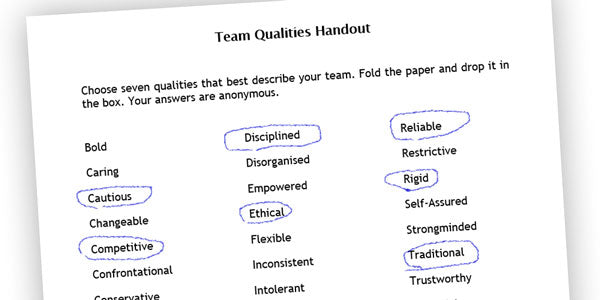
Certain behaviours in a team can affect the trust between the team members and if not addressed properly will have dire consequences. It is essential for a team to self-reflect and to evaluate its ...

Icebreaker: Unusual Experiences
This light-hearted exercise is guaranteed to break the ice quickly and bring people together. In this exercise you set people a mission to find out about other delegates and to share what they have...
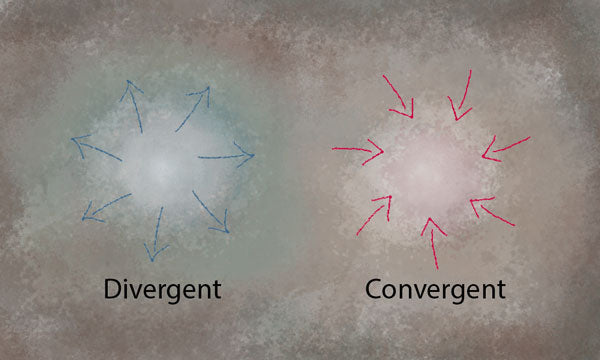
Convergent vs Divergent Thinking Exercise
A useful distinction in thinking process was suggested by Joy Paul Guilford in 1967. Guilford coined convergent thinking in contrast with divergent thinking. With convergent thinking, you are tryin...

Eliminate Wrong Beliefs: Turn Should to Could
This exercise is designed to make the coachee think about potential liming views and beliefs. Through a systematic step by step process, you first help the coachee see what these beliefs are and th...

Team Building Exercise: Clock Types
The purpose of this exercise is to show that each person in a team has certain characteristics that can contribute to the team. It is not necessarily about casting each person into an ideal team me...

Dissolving Resentment Exercise
Resentment can consume people. Constantly thinking negatively about others can make an individual sad, angry and ultimately depressed. This strong emotion should be addressed before it becomes chro...

Chocolate Packaging Design Competition Exercise
Imagine walking into a supermarket and going to the isle dedicated to sweets and chocolates. Here, you are likely to find a section with a variety of block chocolate bars. These are often presented...

Positive Affirmations: Turn Negative into Positive
We are what we repeatedly do. We are also what we repeatedly think. If you think about something 200 times a day, you come to believe it to be true. If you think you are poor, unhealthy, socially u...
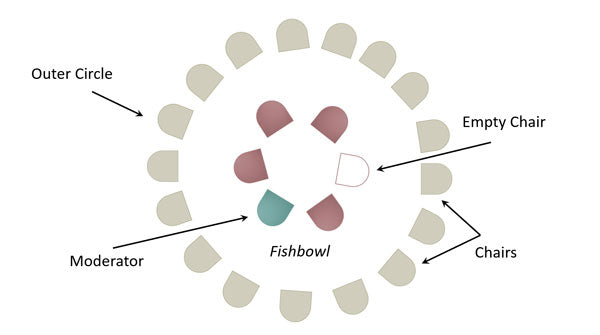
Fishbowl Conversation Technique
The fishbowl technique can be used to organise constructive discussions on a given topic. In a nutshell, the technique helps people manage a debate on the topic and keep it under control even if ma...

How to Learn from Envy: The 6-Step Formula
The following exercise will help you manage envy. It borrows from the philosophy and science of positive psychology and will put you on the right path on dealing with envy. Strong emotional thought...

Teach Why Groups Can Take Too Much Risk While Making Decisions
Is there a difference between people making decisions in groups and individually in respect to the amount of risk they take? To investigate, James Stoner, who was a MIT graduate in 1960s, carried o...

Delegation Exercise: It’s Not Good Enough
This is a quick exercise on delegating, designed to demonstrate a key point to participants. It is very easy to run, and its success mainly depends on your execution. Consider rehearsing this so th...
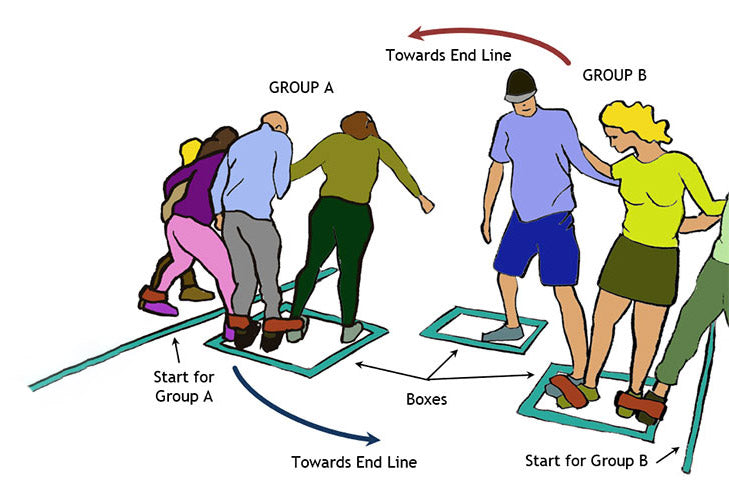
This is an entertaining team building activity where delegates get to practice working together towards a common objective while following certain rules. It is ideal for exploring leadership, plann...
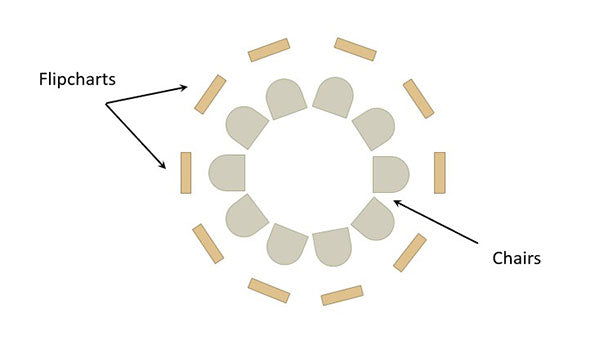
Suppose there is a team meeting and the group is going to discuss the issues associated with a topic, design something or a solve a problem. For any given complex problem, there are a variety of pe...
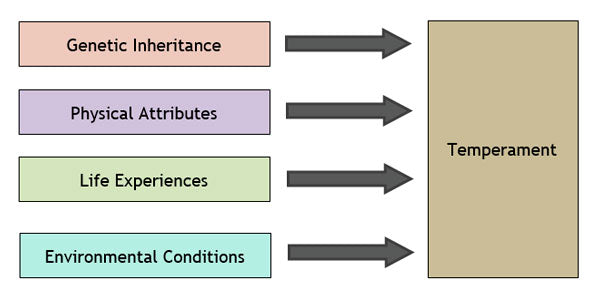
Emotional Intelligence Exercise: Temperament Analysis
This exercise helps delegates explore the concept of temperament, understand what it means, how it is formed and how it can influence their emotional intelligence. Temperament refers to aspects of ...
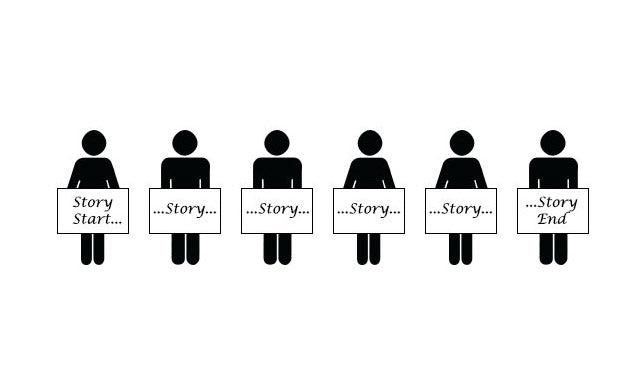
Storytelling Exercise: Form a Line
This is a creativity exercise that encourages delegates to create a story together as a group. It is ideal for team building, acting and creativity. You can also modify the exercise to limit its sc...

Emotional Intelligence Exercise: Making Eye Contact
This exercise helps delegates to understand and appreciate the power of eye contact and how it can affect emotional connection and emotional states. It is ideal in teaching emotional intelligence, ...









